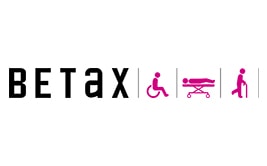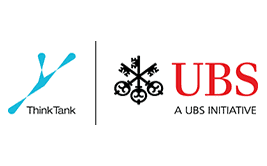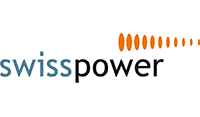New wave of computer attacks with increasingly brazen methods
New offline attacks
Our customers are not the only ones reporting numerous hacker attacks on their network – it seems that a new wave of phishing and attacks is underway. Many companies are now also experiencing quite brazen attack attempts. More and more people are “phishing” over the phone, which means that they receive a phone call and are asked to follow the instructions and call up a link in the browser, for example. The caller himself identifies himself as a specialist or member of the IT support team – and often quite convincingly. Some less convincing calls seem to come directly from abroad (countries ranging from Australia to Russia). Using brash English, an attempt is made on the phone to persuade a person to install a hostile program. The critical thing is that people are often not even aware of this. Many callers pretend to be security experts from Symantec, McAfee or Microsoft and want to offer a security check. “Play it safe and do an online test to see if your computer is affected by viruses or security vulnerabilities.” Visually convincing phishing website links then lead to you ending up on a Russian website that offers you a program for download or direct installation when you call it up. The funny thing is that many users are still prepared to click on “Yes, install”, “OK”, “Continue” etc. when asked to install. Only in a few cases are people aware of the real danger: the attackers can install an eavesdropping program on the PC that transmits any input to the outside world via the Internet. This means that all the login data and passwords entered are in the hands of strangers in an instant. In addition, credit card data stored on the computer is often transmitted.
Our tips for you:
- Continue to be on your guard against suspicious e-mails. Never open file attachments with the extension .EXE (executable files) that want to start an installation process.
- If you have clicked on “Open” after all: Read the system messages carefully and never click on the “OK” or “Next” buttons straight away.
- Don’t trust anyone on the phone – no matter how friendly and competent they sound. Normally, no one from Microsoft, McAfee, Symantec and the like will call you directly.
- Don’t just rely on your virus protection. When installing new software, always think about the origin of the software.
- Inform your entire team about possible threats on the phone and via the Internet. Awareness of such threats should be raised from the secretariat right through to the management department.
- Do you have the feeling that a foreign program could be running on your computer – but the virus protection is not reporting anything? Then report this immediately to your IT department or contact us.
Wenn auch Sie mit einer Herausforderung konfrontiert sind und Unterstützung oder Beratung benötigen, dann kontaktieren Sie uns gerne.




















